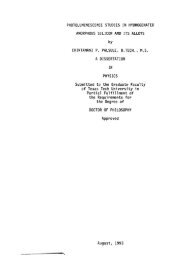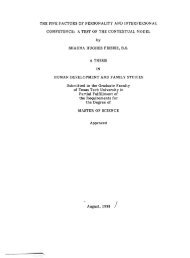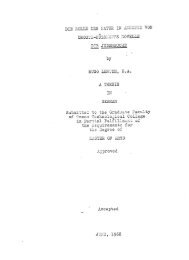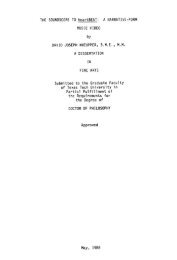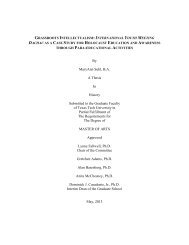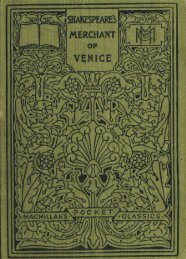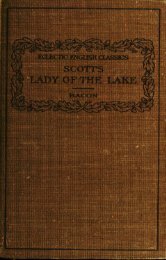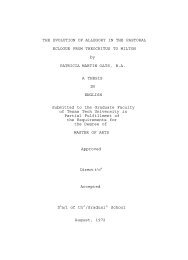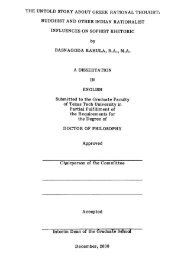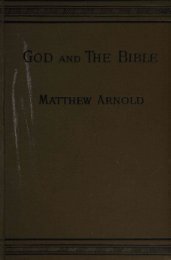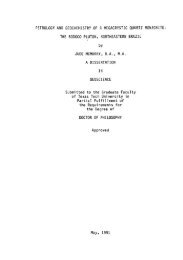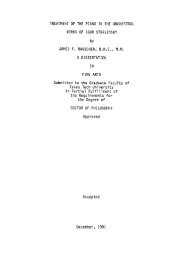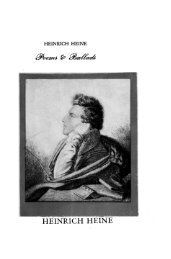Chandra Prakash Bhongir, Civil Engr, May04 - Repositories
Chandra Prakash Bhongir, Civil Engr, May04 - Repositories
Chandra Prakash Bhongir, Civil Engr, May04 - Repositories
Create successful ePaper yourself
Turn your PDF publications into a flip-book with our unique Google optimized e-Paper software.
with one another and found Scanderbeg’s memory a common ground upon which<br />
Albanian national identity was built. Thus Albanian memories of Scanderbeg, although<br />
prevalent in Albania, did not become politicized until Diasporic intellectuals used them to<br />
evoke memories of the past and build a strong basis for Albanian nationalism, which<br />
served as a context for the movement toward Albanian independence and its achievement<br />
on November 28,1912.<br />
Methodology: Theoretical Foundation<br />
Before identifying the occupants of the Albanian diaspora and their role in<br />
passing on the memory of Scanderbeg it is necessary, to construct a theoretical lens<br />
through which one can better examine the power of Scanderbeg’s memory with relation<br />
to nation-state formation and nationalism. Nationalism, diaspora, and national memory<br />
are all themes which help to explain why Scanderbeg continues to be remembered in<br />
Albania and its diasporic communities outside Albania.<br />
A popular folk song sung by the Arberesh in Calabria from the nineteenth<br />
century, describes the emotive force of an imagined homeland and the relationship which<br />
ensues between the disporic individual and the homeland: “We are like swallows, we are<br />
like eagles,We are united, because we have common roots.” 2 While, the emotive power<br />
of the song is inescapable it raises important questions to the process of one’s<br />
displacement and issues of self identification. Under this premise it becomes important<br />
to identify what constitutes a diaspora and how do diasporic individuals relate to their<br />
country of origin.<br />
33:1(1979):172.<br />
2 Shkurtaj, Gjovalin, “Kenge Popullore te Arberesheve te Italise,” Studime Filologjike,<br />
31



